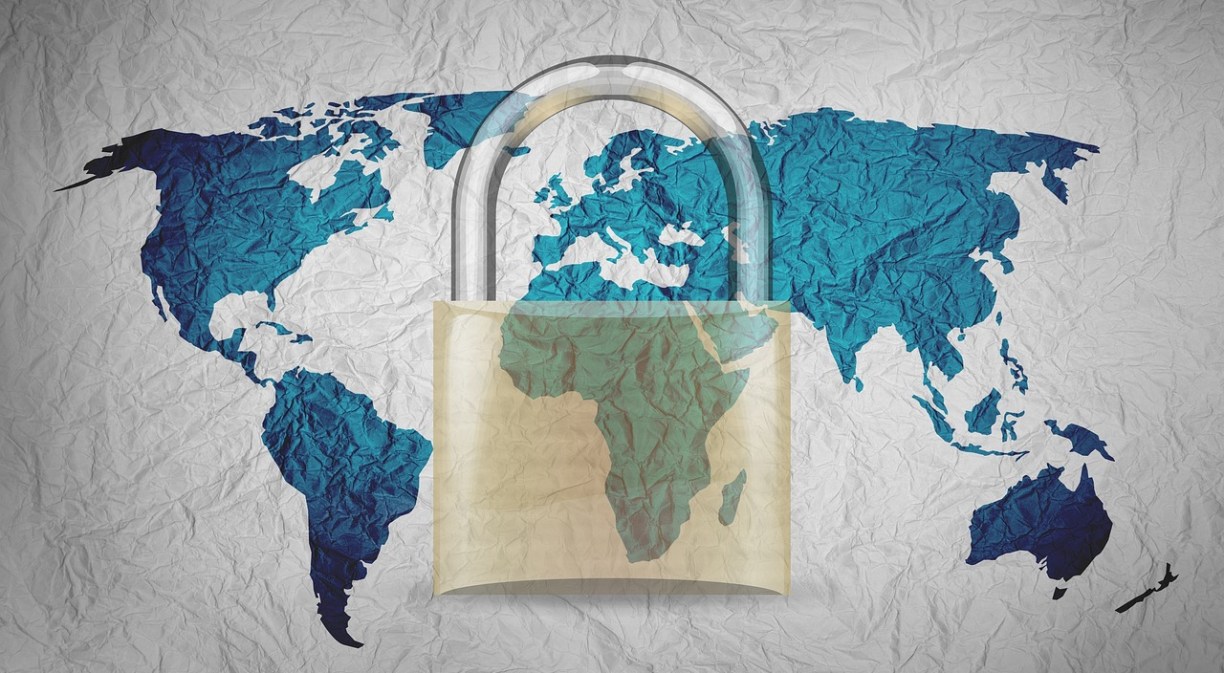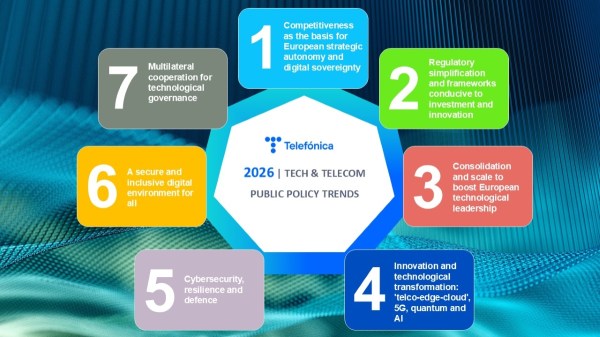A global enemy which triggers the need of an active companies´ reaction
The international business environment needs security for investment, and corruption, at different levels depending on circumstances and jurisdictions, still qualifies as the most relevant obstacle for achieving such goal.
Regulations, the new ESG framework and, more importantly, self-consciousness, have placed medium-large sized companies in the vanguard of the war against dishonesty.
OECD decides to take a step
“Business at OECD”, an active working Group with whom Telefonica proudly collaborates, has recently published a paper aimed at turning concerns into positive actions: “Stepping up the game: Digital technologies for the promotion of the fight against corruption – a business perspective“.
This document is the first deliverable of a project which, deepening into the evolving ecosystem of the compliance private sector, aspires to the acknowledgement of the existence of a current framework where battles against corruption are being won. In particular, digitalisation, whilst implying a threaten of new integrity challenges, is in turn the most powerful and fair weapon that can be used in that fight.
Telefonica shall play this game
Telefonica is in a privileged position to play a role in that ambitious scenario:
- On the one hand, its bet for technology is not only predictable upon its products and services in the market but applies to its own internal processes.
- Additionally, Telefonica is a regulated company serving in countries of different latitudes, and its exposure to corruption risks and the eventual damage that, if materialized, could impact its business, results in a very serious approach to contest any type of absence of integrity.
Telefonica has chosen to take advantage of this breeding ground. In fact, it has a long-lasting history of applying automatization processes to some of the main elements of its anticorruption program, either based on Group scale management tools or, otherwise, as the outcome of direct investing on ad-hoc systems for specific needs.
Down to ground
The OECD paper has acknowledged this effort, and expressly refers to two initiatives that, from different perspectives, illustrate the above mentioned Telefonica’s approach:
- A long-term focused project aimed at finetuning due diligence (screening) of Group partners and third-party providers, through appropriate algorithms; this project includes a protocol for subsequent automatization of the resulting outcome.
- An internal IT reporting & management tool which lands specific requisites included in Telefonica’s internal regulations regarding offer of hospitality of whatsoever nature to public servants or employees.
Those initiatives, which have been explicitly highlighted during the presentation of the paper that took place on January 26th, 2023, have been chosen in view of their eventual projection in the public environment.
Public sector is key
It is self-understood that public involvement in the fight against corruption is of essence, and should be, not only credible, but also visible.
First, governments and regulations should benefit from the role of big players that are already placing technology for subserving such fight. For instance, promoting organized ecosystems where, with the appropriate legal cautions, transparent information may be available.
Also, going beyond such regulatory approach, it should not be disregarded that corruption exists when there is a misconduct both in the offering and in the accepting party, no matter who takes the initiative. And, in that regard, administrations, governments and public servants can become the best possible allies of the private developments, including those that embed technology:
- at least unconditionally accepting, as part of the private-public relationship, that companies apply ules and IT mechanisms to combat corruption, even when they go beyond legal requirements; and
- if and where possible, increasingly becoming adopters of those rules and mechanisms, even if less sophisticated than those used in the private environment.
A mission of all players in society
In this new era where social and governance aspects are legitimately taken into consideration for an increasing set of purposes, lack of integrity can easily be an obstacle which turns useless all efforts. That is why preserving integrity is a task for the whole society. And, once again, Telefonica wishes to be positively identified as an active and committed agent which, through its expertise, contributes to the achievement of such objective.








